The team
The students
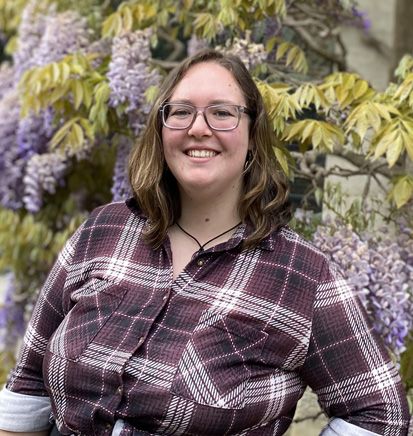
Alena Clark
My name is Alena, and I am a graduate student at KU Leuven pursuing a MSc in Social and Cultural Anthropology. I am from Colorado, USA, but I received my bachelor’s degree at Hofstra University in New York where I double majored in Global Studies and Anthropology with two minors in Chinese and Geography. I have participated as a Global Mentor/Ambassador for international students, interned at museums, and I'm interested in conducting research related to cultural heritage and preservation, development, and identity in my graduate studies to explore local identities/cultures through the lens of international policies and affairs.
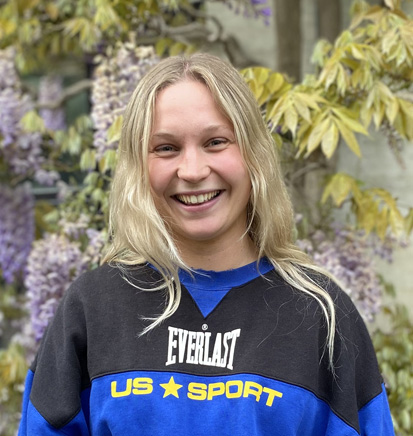
Céleste Maes
I am a highly motivated and progress-focused law student. In my spare time, I like volunteering to keep my feet on the ground, realising that there are complex problems that can only be tackled by thinking and working together. For me, the priority is not to fall into one-way traffic: both parties learn something from each other. It is not about charity, it is about inclusiveness.
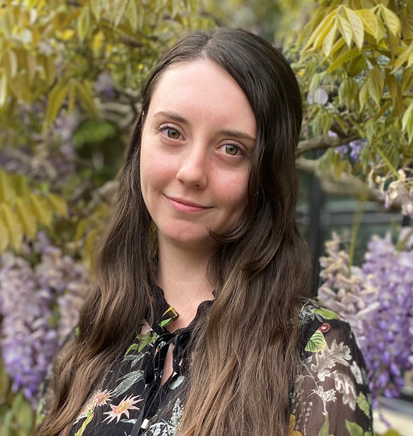
Liesl Roos
I am a visual artist from South Africa and master student at PXL MAD Hasselt. As part of my master study at PXL MAD I am completing an internship at the Royal Museum of Central Africa. During my internship at the Africa I have worked alongside the Decolonizing Nature group to explore what it means to decolonize nature and develop the Decolonizing Nature Weekend.
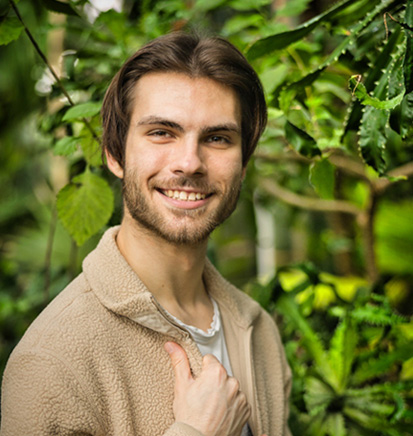
Loni Kahili
I am an aberrant soul, a wanderer whose dreams fill up his world. I believe that life is a party and I am having the time of my life. I am a student at KU Leuven studying medicine and I wanted to get involved in this great problem that our society faces.
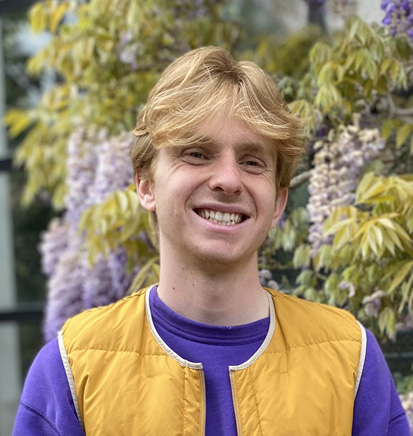
Mathijs Geerts Danau
I am Mathijs Geerts Danau and I have a bachelor in bioscience engineering: cell and gene biotechnology at the University of Antwerp. Currently I am in my first master year at KU Leuven also in bioscience engineering. Working on difficult to understand topics is something I really like. The decolonization of nature is something difficult to grasp and is connected to my interests. Thus trying to tackle this problem together with other motivated people is in my view a very appealing opportunity.
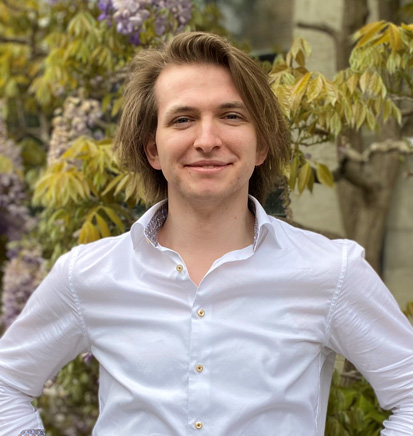
Matthias Van Ongevalle
Hi dear visitor, my name is Matthias Van Ongevalle, student International Business & an eclectic. In other words, I am very curious up to the point where there are a great too many things catching my interest for me to make a decision of what to focus on like an adult should - guess I will always remain to be a bit of a child then 😉 . This childish curiosity has however brought me to gather thrilling experiences & knowledge from around the globe, always looking for something to learn. And best of all, a “Worldly” set of friends to come with it. I am glad to welcome you here, and I hope you will once more find the curiosity of your inner child.
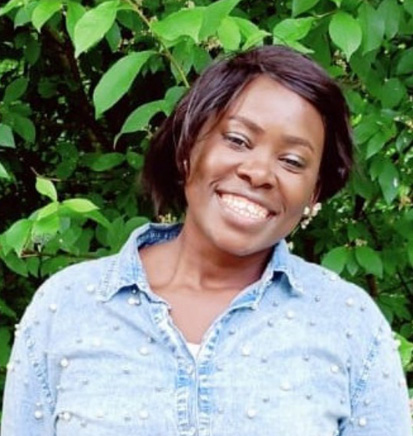
Mercy Ashepet
Mercy holds a master's degree in Biology (Human Ecology) from the Vrije Universiteit Brussel. Her interests lie in understanding human environment interactions and traditional ecological knowledge. Also, she is keen about engaging the young generation in ecology discussions as she believes that this would ensure a steady supply of stewards of nature. To achieve this, she volunteers for Jane Goodall’s Roots and Shoots Belgium sector as well as the Children Conservationist’s Programme in Uganda. Currently, she is conducting her PhD research at the RMCA and KUL, in which she assesses the motivational framework and policy assimilation of 'citizen science' in Uganda.
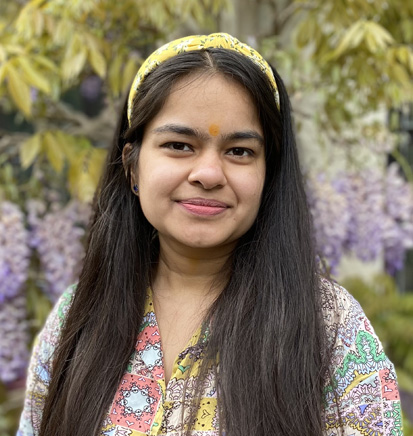
Naina Goel
Naina Goel is dual Ph.D. student at the KU Leuven and University of Ghent. Her research focuses on the interplay between the gut microbiome and host epigenome under cyanobacterial stress in Daphnia. She is Indian by nationality, and in 2017 she moved to France to obtain a Master's degree in Interdisciplinary Life Sciences from Paris Descartes University. In October 2019, she joined KU Leuven campus Kulak as a doctoral student. Since 2018, she is member of iGEM. Apart from her research interests in the microbiota, she is involved in citizen science and synthetic biology projects. She is part of transdisciplinary research program from last two years. She is running her own NGO, Learning for Sustainability, L4S. She is working on own e-commerce based international business. She believes in Raise Yourself to Help Mankind.
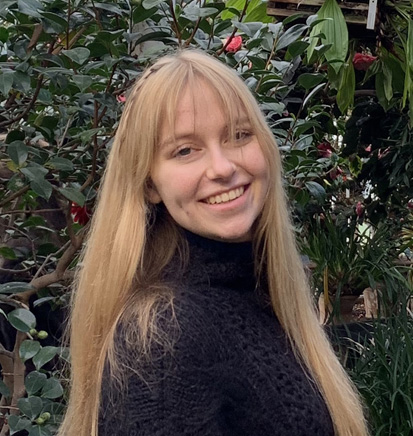
Sofie Ulrix
My name is Sofie. I am a law student at KU Leuven. The palatial AfricaMuseum in Brussels symbolizes several unresolved tensions of our globalized world. Decolonizing content is still developing. Yet to underline the importance of it within the fight against climate change, the museum is collaborating with KU Leuven to decolonize lost Indigenous knowledge on ecological integrity and biodiversity. I am part of the research group working on developing co-creative models and dialogues between Indigenous and Western epistemologies to effectively address the climate crisis.
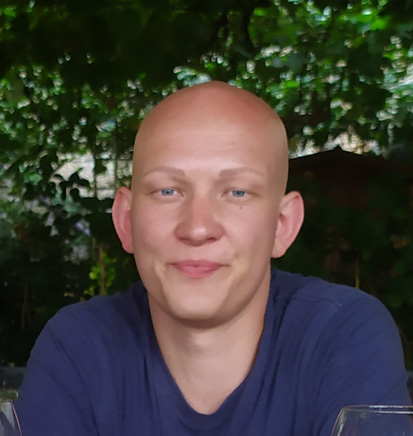
Sondre Løcka
I am a Norwegian, studying MSc in Information management at KU Leuven. I have earlier completed a MBA from the University of Stavanger in Norway, specializing in applied finance. When I wrote my MBA thesis it was in participation with an Erasmus+ funded project that merged individuals from different disciplines and backgrounds to tackle challenges related to the SDGs. Our group focused on the issue of leakage and extraction of plastics in the aquatic reservoirs around Brasilia. Working on this problem it became clear to me that I did not possess the necessary skills and knowledge to analyse complex systems at the depth that I wanted to. This is why I decided to continue learning and enrolled for my current master program focusing on data science. I found it interesting to use indigenous knowledge for inspiration and learn alternative ideas to how we can see the planet.
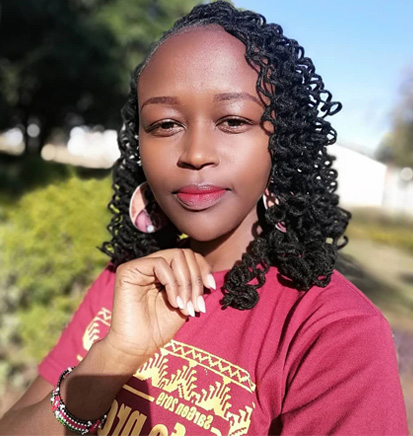
Wangari Wambui
I am a Kenyan and an MSc student in Sustainable Development specializing in ecological studies. I joined the Decolonize Nature Challenge to gain knowledge on the topic, as well as share what I know. I am passionate about the health of ecological systems and always enjoy being part of the sustainability debates on environmental (in) justice.
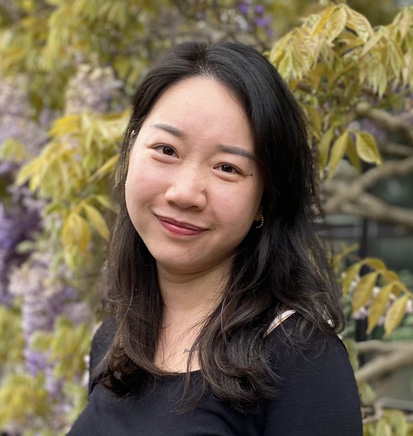
Zheng Zhou
I am a master student at KU Leuven studying social and cultural anthropology. I joined this study group because I wanted to hear more diverse voices from students from other disciplines. I always do self-reflection and seek inner peace.
The advisors
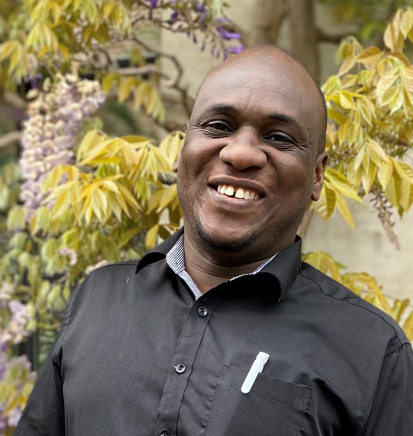
Amon Mugume
I am Amon Mugume Arry Timbine, the Curator of Natural history at Uganda National Museum since 2008. I am responsible for research, collection, documentation and dissemination of information for public consumption at Uganda Museum. I am currently the ICOM Uganda Vice President. I was recognized as ‘An Unsung Hero of Africa Prehistoric Research’ in 2016 at the National Museum of Kenya, Nairobi for my involvement and support to Paleontology work in Uganda. I have been involved in different institutional and international Museums collaborations for either or both research and exhibitions with Makerere University, Uganda; University of Michigan, USA and University of Zurich, Switzerland. I was privileged to be invited for a residence programme with Africa Museum in Tervuren to be involved in the decolonize Nature project that has the component of Decolonize Nature challenge. My involvement in decolonize nature comes from my curiosity to tackle complex topics for which I believe that braiding the indigenous and academic knowledge belongs there.
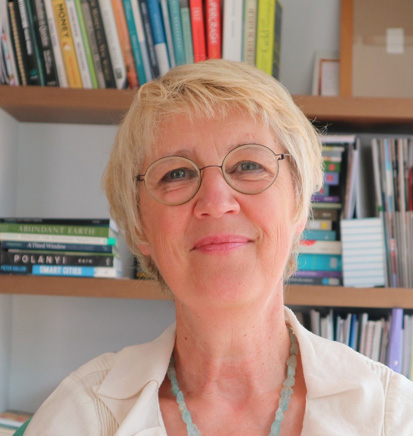
Anne Snick
Anne Snick is the coach of the Decolonize Nature challenge, together with Mercy Gloria Ashepet and Naina Goel. Anne holds a Ph.D. in Philosophy of Education and works partly at KU Leuven (Belgium) and partially as independent researcher. For over thirty years, she combined research with fieldwork in the domains of social and ecological sustainability, always focusing on the systemic drivers of exploitation and regenerative alternatives. She wrote peer-reviewed publications and serves the community through public speaking, cocreation and engagement in initiatives fostering sustainability. Current projects focus on learner-driven higher education and sustainable finance. She is a Fellow of the World Academy of Art & Science, and a member of the Club of Rome.
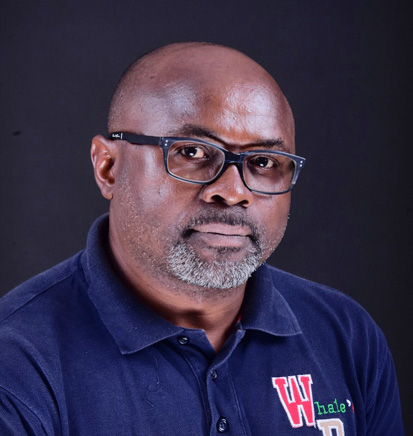
Guy Patrice Dkamela
Guy Patrice Dkamela is currently working as independent consultant on natural resources management, with a focus on the Congo basin forests. For the past 23 years, he contributed to a number of projects and processes relevant to forestry, agroforestry policies, biodiversity conservation, land and resources tenure, and forest-dwelling communities in Cameroon and central African countries. His interest in the decolonizing nature theme was nurtured within the Environmental Humanities South Centre (EHS) of the University of Cape Town (UCT), South Africa (http://www.envhumsouth.uct.ac.za). Under EHS and the Department of Sociology (http://www.sociology.uct.ac.za), he is currently writing a PhD dissertation on: “Carbon Forestry Politics in the Democratic Republic of Congo: Case Study of Mai-Ndombe Jurisdictional REDD+ Programme”. This research brought him in the AfricaMuseum’s Decolonize Nature team in which he is specifically carrying out archival work on various versions of nature in Mai-Ndombe, as part of the scientist in residence program of the museum. By using the former Domaine de la Couronne and Lac Leopold II District as a site for documenting and analysing contested versions of nature, the intension is to find a language for a transformative conversation among the various interest groups.
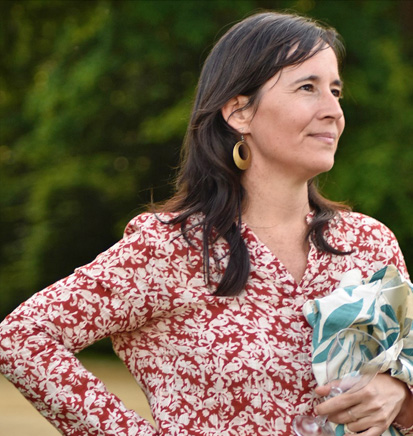
Tine Huyse
Tine Huyse works at the Royal Museum for Central Africa as a senior biologist. She previously worked as a postdoctoral fellow at the University of Leuven, the Tropical Institute of Medicine in Antwerp and the Natural History Museum in London. She is also the scientific commissioner of the zone ‘Landscapes and Biodiversity’ in the new permanent exhibition of the museum.
Her research focuses on neglected tropical diseases with the aim to uncover the socio-ecological factors driving transmission dynamics. She takes an integrative approach centered around citizen science, where volunteers are involved in research, public outreach and community mobilization. This approach fosters two-way communication between citizens and scientists, valorizing indigenous knowledge and empowering communities.
